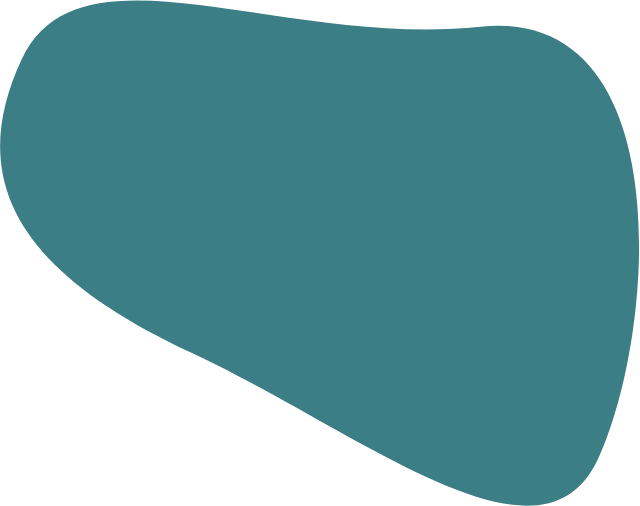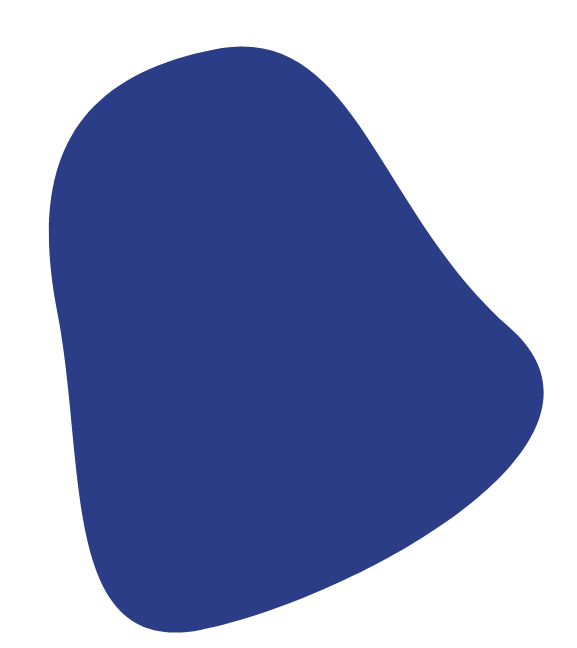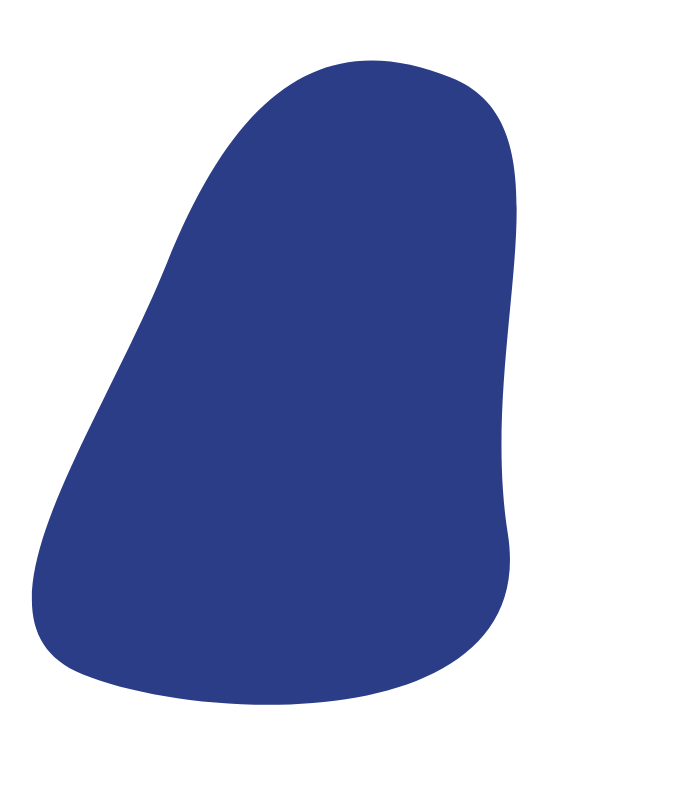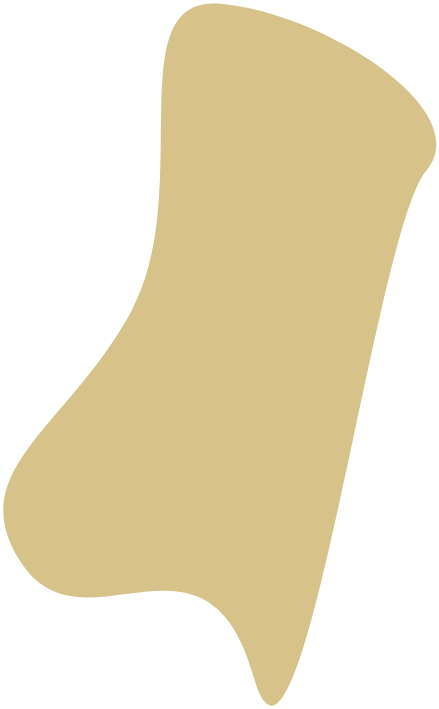What Do You Know About Us?
The best answer to a very generic interview question
In most cases a job interview will start off with the same two questions:
- “Can you tell us about yourself?”
- “What do you know about this company?”
How you answer these questions are extremely important. Whilst today we will not be discussing the first on the list, the advice we will provide will be just as relevant and allow you to answer these two inquiries from the hiring manager effectively, and almost all other questions following. What we will share with you today is probably the holy grail of acing the job interview.
So let us firstly discuss how this question can be phrased by the hiring manager, as there is more than one way of asking it:
- “What can you tell us about this role/company?”
- “Do you know what we do here?”
- “Why did you apply to this position?”
- “What do you know of this role?”
Now, let us break down why you are even asked this type of question as you may expect the interviewer to tell you about the role and company anyway…and they will, however, it does not mean you should not come prepared knowing key details yourself.
(If you want to know more about interview questions and why you are asked certain questions, then download our free Understanding Interview Questions guide here. It breaks down over 100 questions, along with the reasons behind them and top answers to give.)
You are asked this particular query for one very specific reason – to see how dedicated you are to the position. If you are indeed very interested in the role, you would be doing as much research as possible to find out about the duties and the organisation itself. By doing this homework shows you go over and above and willing to do the research required to secure your position with the company. Believe us when we say, not every candidate will come prepared for this question.
Doing this research is also beneficial for you personally. It will give you a base in asking your own questions during the interview (join our newsletter to be the first to know when we launch our ’63 best questions to ask in a job interview’ guide). Doing your research will also allow you to understand about the company culture, views, values and identify any red flags well before your interview.
The next thing you need to consider is where are you going to find this key information about the organisation and role?
Firstly – go direct to the source; the company website. There you should find a whole bunch of relevant information such as the company views, values, staff, what they do (products/service), history, and so forth.
Secondly – do a general online search and see if any publications are out there about them – good or bad. Perhaps they won an ’employee of the year award’ or had a ‘unfair work cover claim’ against them. Either way, it is good for you to know.
And thirdly – network. Reach out to people you know who work or have worked in the company. If you do not know anyone, then go on social media such as LinkedIn. There you will have a network of individuals who currently and have previously worked in the company. See if you can connect with anyone and get feedback about the company culture and more.







